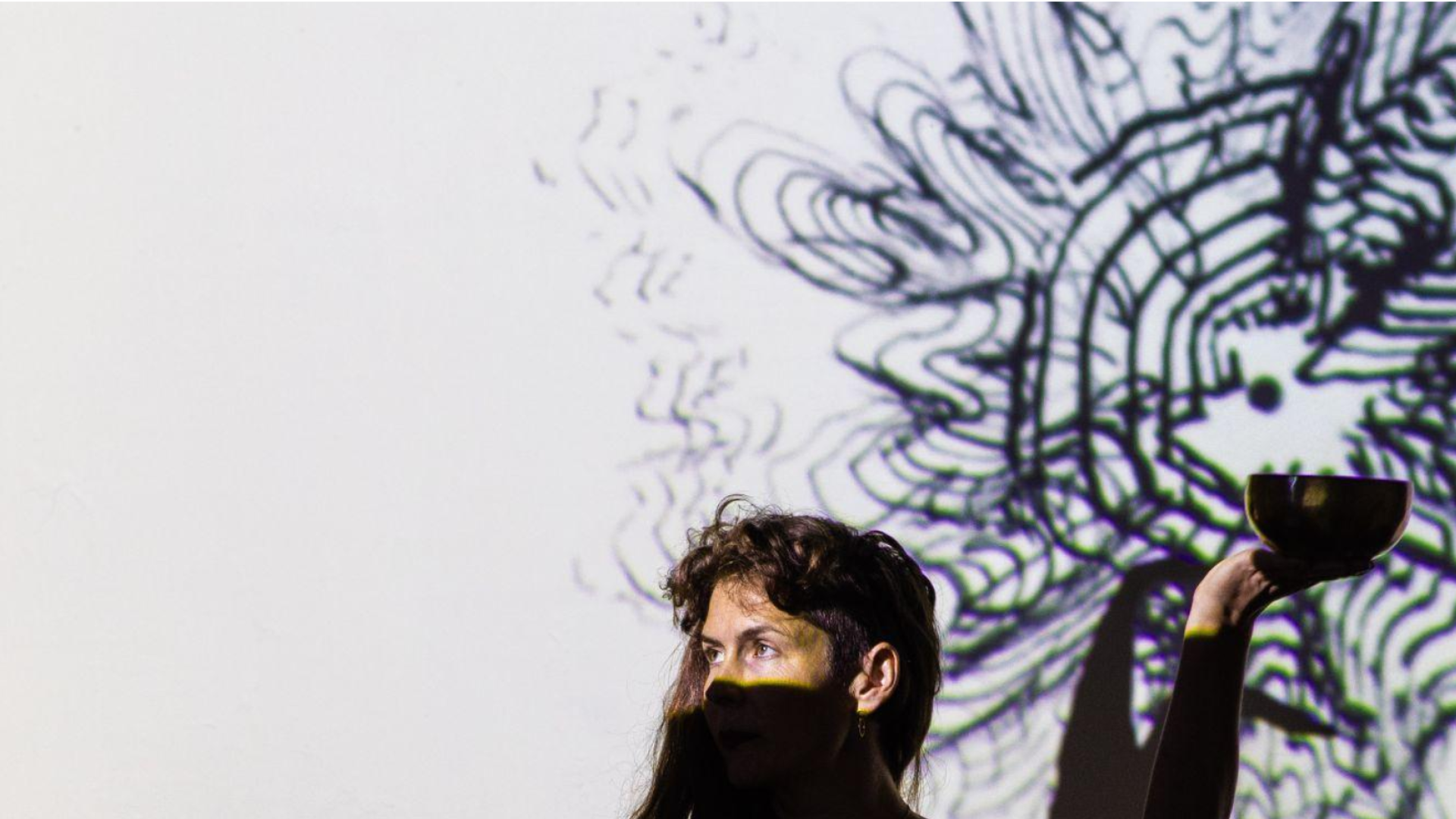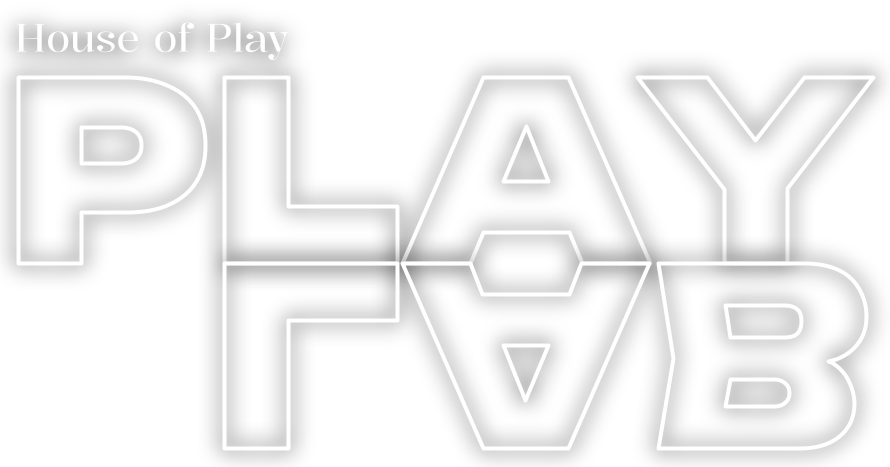
THE POETICS OF
THE COLLECTIVE
24h live art ritual - March 14–15, 2026 What happens when a group of people commits to being together for 24 hours to listen, slow down, and co-create collective experiences of poetic live art rituals around sexuality and kink?
The Poetics of the Collective is a 24-hour live art ritual and living lab that explores the relationship between the individual and the collective through ceremonial gestures, sexual expression, everyday actions, play, rest, and shared attention.
The Playlab
The Playlab is a dedicated space for experimentation that exists on the edge of our understanding
The Playlab is a new platform at House of Play where we invite a select group of creators to step into the unknown through a series of shared lab experiments for a six-month period, all centred around one question. The initial cycle will focus on this question:
How do we transform sexuality and kink from an individual to a collective experience?
It’s a space where the focus isn’t on achieving perfection—or having “a good time” for that matter. In fact, we’ve jokingly agreed that by the end of this first round of labbing, we should feel worse than we started and more confused than ever. Our goal is to learn, fail curiously, and push each other—and ourselves—to redefine what’s possible through conscious kink and a deeper commitment to presence and play.
We want artistic methodologies and tools that will shape and capture the process. Visual, spatial, auditory, and temporal elements will be active co-players in the lab. Through artful documentation, we aim to create works that make us shiver with their beauty and strangeness. We will share selected works with the broader public through publications and exhibitions, and in doing so expand people’s understanding of sexuality, play, and human connection.
Somewhere at the spectrum between rigor and absurdity, the lab group will work towards these outputs:
A living website documenting each experiment
A video work/documentary.
A 24-hour performance – play part – exhibition – experiment for the public and members at House of Play. Read more here
The Playlab is an integral part of the House of Play's mission to nurture more conscious sexuality.
The first cycle has formally ended. These were the steps:
Phase #1: Get involved – share your ideas and join the experiment!
Experiment #1: We asked questions and received over 23 answers
To identify the first topic or question to explore, we wanted to gauge the community's pulse. We are grateful for all your ideas, questions, and concepts. We’re sharing many of these inputs across our channels, and more importantly, they have informed the questions for the first cycle of the experiment.
Experiment #2: Open Call to participate (July 21st - August 15th)
With the core question for the first six months in place, we are now opening a call for 30-40 creators to join the experiments. Once submitted to the lab, creators assume equal responsibility for shaping and realising the experiments in the lab. Creators can assume various roles, such as observers, active participants, or experiment leads, and these roles may change across different lab sessions. We’re looking for a diverse mix of individuals; a retired spy; a shaman from the Amazon; a death metal musician, a vatican monk; a farmer from Slagelse; a NASA Scientist; someone great at digging holes, a wall street banker, a kindergarten teacher, nerdy kinksters and artists – just to name a few.
Phase #2: Labbing – Co-Creating the Experiments (September - December 2025)
Once the group is selected based on diversity, genuine excitement for co-creation, bravery, experience, silliness and intention, everyone becomes a co-creator in the lab’s inaugural cycle. Together, we’ll kick off the experiments and plan for the sessions ahead. Here are the key dates:
September 29: Meet, greet, and dive into agreeing and disagreeing on experiments, with each person deciding on their role(s).
October 11-12: Experiment #3
November 3: Experiment #4
November 22: Experiment #5
December 8: Experiment #6
December 20-21: Experiment #7
Greetings from the curator team:
Anitta, Mads and Anso
Core Principles of The Playlab
Ethical guidelines surrounding consent, communication, and respect for personal boundaries are foundational to every experiment, allowing participants to explore with bravery and responsibility.
The work created within the Playlab is open-source and shared publicly, offering insights and inspiration to others. Through artful documentation and reflection, creators contribute to a collective body of knowledge that can inspire future experiments, workshops, and exhibitions.
Every experiment must be documented, serving as a bridge between the individual and the collective. This documentation contributes to a living archive that allows the collective knowledge of the group to grow and evolve, and eventually share the work with a broader public through, for example, exhibitions, performances, workshops, or written words.
Every participant is an active co-creator (in their way). Through collaborative experimentation, everyone takes ownership for shaping the process, reflecting on its outcomes, and contributing to different roles within different experiments.
Every experiment seeks to produce some form of work of art that goes beyond the mere session in and of itself.

